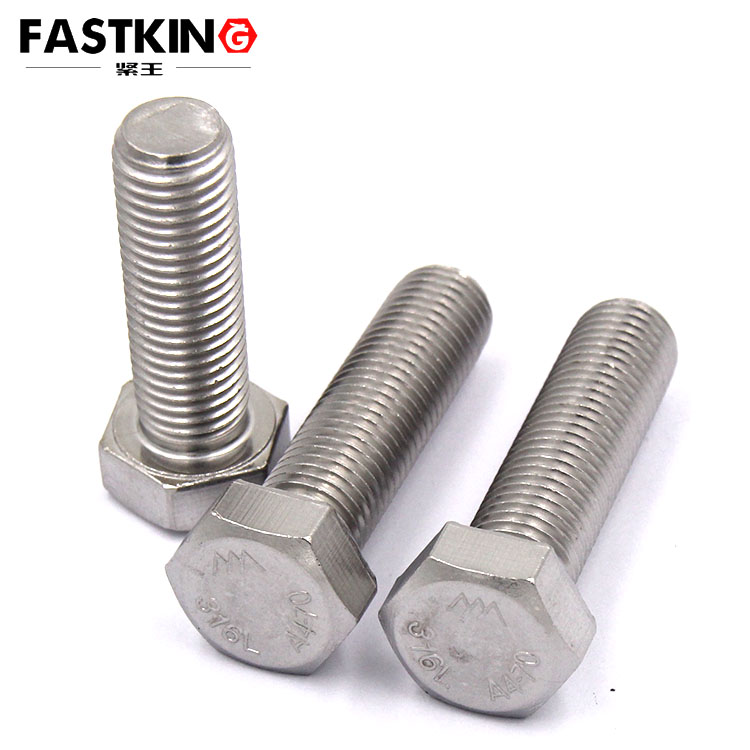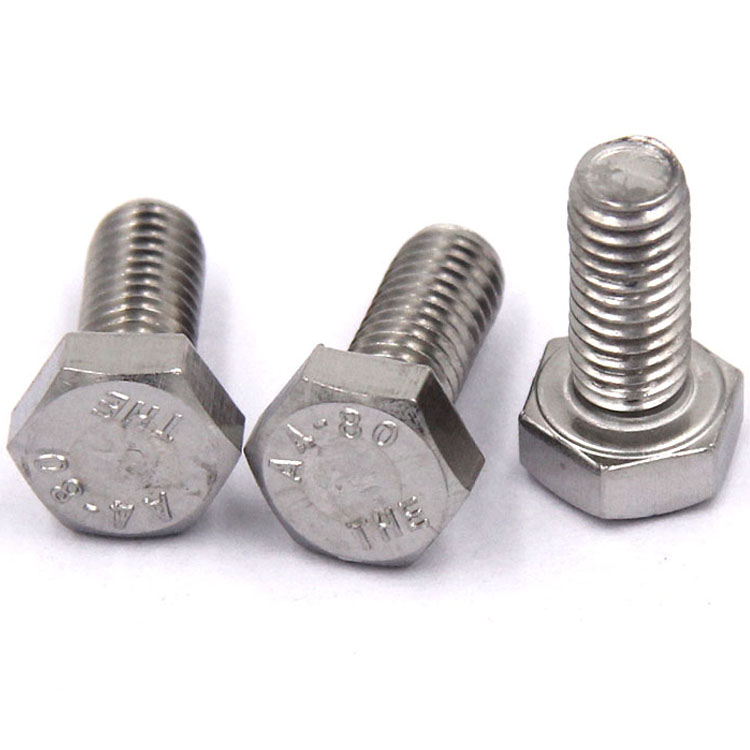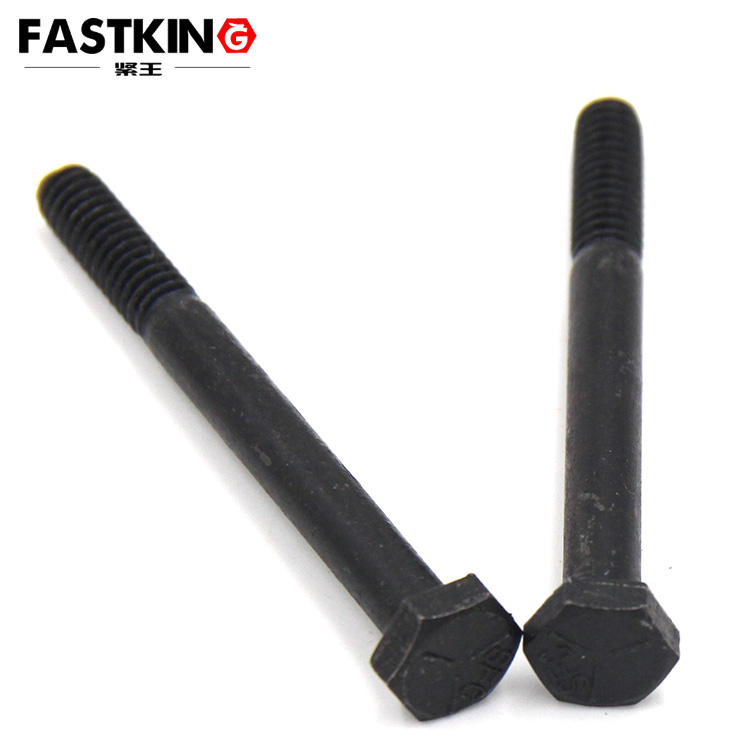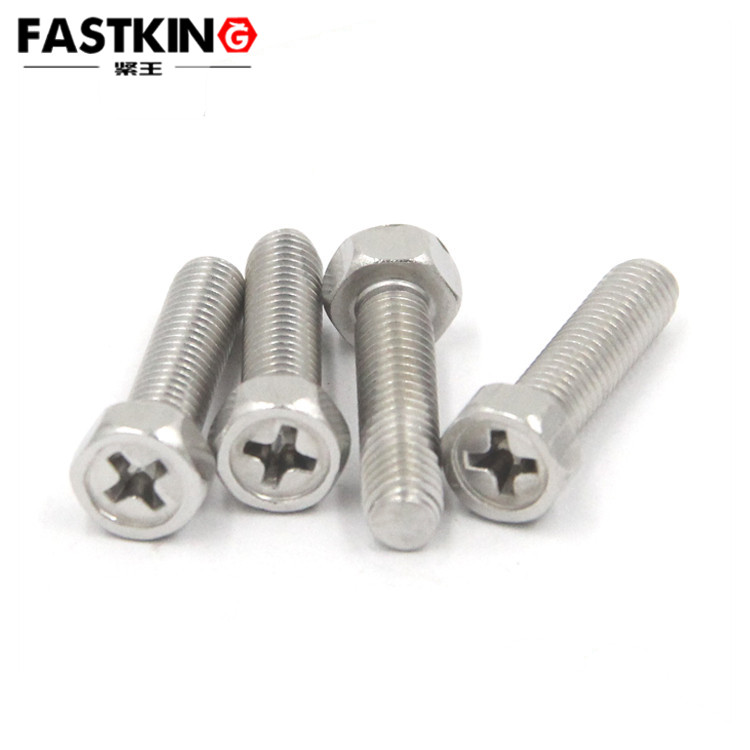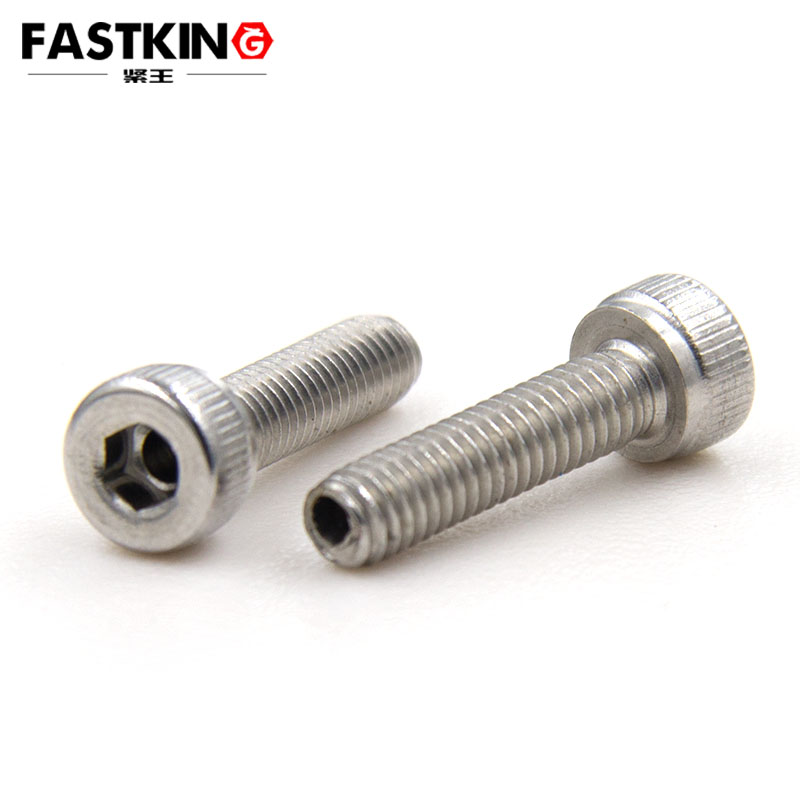- ZHUHAI JIALI HARDWARE CO.,LTD.
- +86-756-8586520
Vehicle traveling data recorder
- Product description:Vehicle traveling data recorder White love version of WDR wide dynamic
product product In mechanical assembly and engineering construction, the selection of fasteners directly determines the connection strength, corrosion resistance and adaptability. 316/304 stainless steel hexagon head screws, high-strength alloy steel bolts, and 8.8/10.9/12.9 grade metric fine-thread screws, with their differentiated material and performance designs, cover diverse needs from ordinary anti-corrosion scenarios to heavy-load and precision assembly applications. They have become core components for ensuring connection reliability across various industries.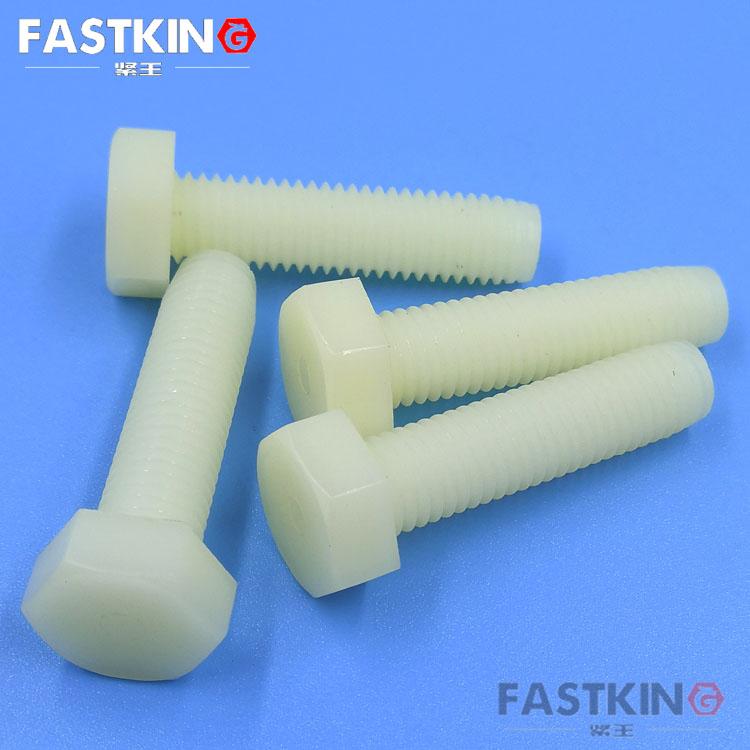

304 and 316 stainless steel hexagon head screws take excellent corrosion resistance as their core advantage, making them suitable for humid and mild corrosion environments. Their hexagon head design facilitates wrench operation, balancing practicality and adaptability. 304 stainless steel (containing 18% chromium and 8% nickel) is the most widely used type, capable of resisting corrosion from the atmosphere, fresh water and weak acids/alkalis. With moderate cost, it is applicable to scenarios such as outdoor guardrail fixing, home appliance casing connection and food machinery component assembly — for example, in the outdoor stainless steel guardrails of residential communities, 304 hexagon head screws can remain rust-free even after long-term exposure to rainwater. Moreover, the hexagon head allows quick installation with a wrench, improving construction efficiency. 316 stainless steel, on the other hand, has molybdenum added to the 304 base composition, significantly enhancing its corrosion resistance. It can withstand seawater, strong acids/alkalis and high-temperature environments, making it suitable for ship deck connection, chemical equipment pipeline fixing and curtain wall installation in coastal areas. For instance, in the flange connection of seawater desalination equipment, 316 hexagon head screws can resist corrosion from high-salinity seawater, ensuring long-term sealing without leakage. Both types possess good ductility, making them less likely to break during installation. Additionally, the across-flats dimension of the hexagon head is standardized, compatible with universal wrenches and eliminating the need for special tools, thus lowering the operation threshold.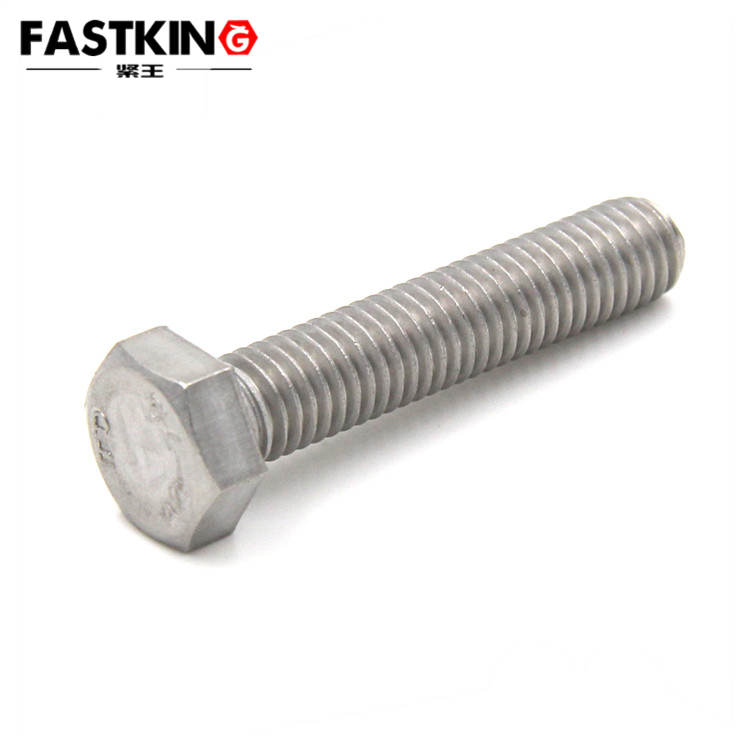

High-strength alloy steel bolts focus on heavy-load and high-stress scenarios. They achieve high-strength performance through alloy materials and heat treatment processes, serving as key connectors in construction machinery, automobile chassis and steel structure buildings. They are mostly made of alloy steels such as 40Cr and 42CrMo. After quenching and tempering, their tensile strength and yield strength far exceed those of ordinary carbon steel bolts. For example, 42CrMo alloy steel bolts have a tensile strength of over 1000MPa, capable of withstanding severe impacts and long-term heavy loads. They are suitable for scenarios like excavator bucket connection and large crane jib fixing. Even under repeated stress during heavy-duty operations, they rarely experience plastic deformation or fracture. Compared with ordinary bolts, high-strength alloy steel bolts have higher thread precision (mostly grade 6g). Combined with surface treatments like phosphating and blackening, they not only improve wear resistance but also reduce the risk of thread seizing. Especially in frequently vibrating working conditions, they can maintain stable fastening force, avoiding safety hazards caused by loosening.
8.8, 10.9 and 12.9 grade metric fine-thread screws center on "precision assembly". Their fine-thread design and clear strength grade classification make them suitable for connection needs requiring anti-loosening, small-space installation or thin-walled component fixing. Metric fine-thread screws have a smaller thread pitch (e.g., M8×1.0 with a thread pitch of only 1mm, smaller than the 1.25mm of ordinary coarse threads). With more thread teeth, they fit more tightly with nuts, offering excellent anti-loosening performance. Additionally, fine threads cause less damage to connected components, making them suitable for thin-walled parts, non-ferrous metal components and scenarios requiring frequent disassembly. In terms of strength grades: 8.8 grade is medium-high strength (tensile strength of 800MPa), applicable to medium-load scenarios such as motor end cover fixing and printer gear connection; 10.9 grade (tensile strength of 1000MPa) is suitable for higher-load scenarios like automobile gearbox internal component connection and precision machine tool spindle connection; 12.9 grade is high strength (tensile strength of 1200MPa), made of alloy materials such as SCM435 and treated with carburizing and quenching. It is applicable to extreme-load and high-precision scenarios like aerospace component fixing and heavy-duty motor rotor connection. For example, the motherboard fixing of laptops requires 8.8 grade metric fine-thread screws — the fine threads will not damage the thin copper layer of the motherboard, the small-sized head can fit into narrow installation spaces, and the 8.8 grade strength is sufficient to support the motherboard weight and prevent deformation.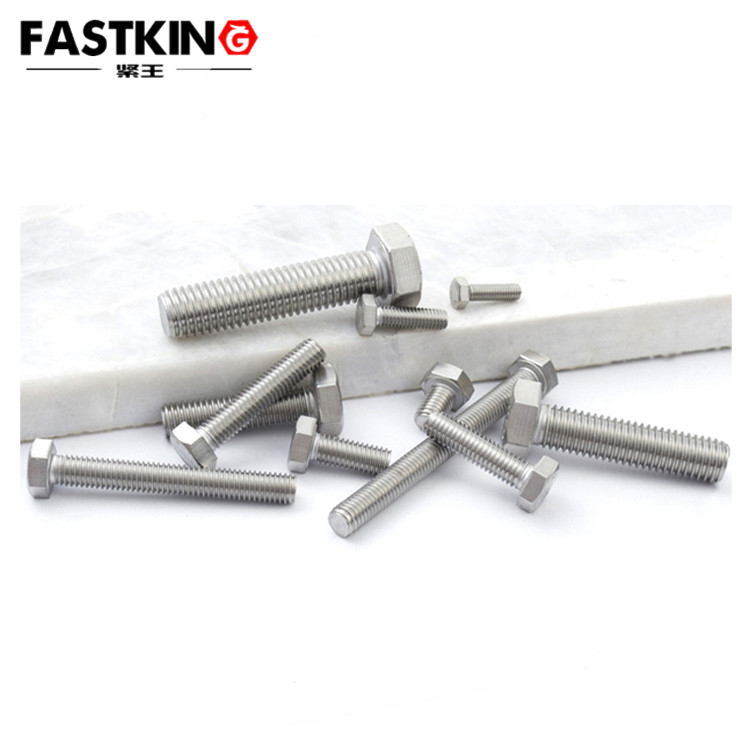

In practical selection, precise matching based on scenarios is essential: 304 stainless steel hexagon head screws for humid and mild corrosion environments, 316 type for strong corrosion conditions; high-strength alloy steel bolts for heavy-load and high-stress scenarios; 8.8-12.9 grade metric fine-thread screws for precision assembly, anti-loosening or small-space needs, with the specific grade selected according to load magnitude. Meanwhile, attention should be paid to the installation requirements of different fasteners: for example, high-strength alloy steel bolts must be tightened to the specified torque to avoid fracture caused by over-tightening; metric fine-thread screws require matching fine-thread wrenches to prevent thread damage due to slippage.
From anti-corrosion to heavy load, and from ordinary assembly to precision connection, these three types of fasteners have built a fastener system covering diverse scenarios through differentiated designs in material, structure and strength. They not only meet performance requirements under specific working conditions but also ensure interchangeability through standardized designs, providing solid support for various industries to improve assembly quality and ensure stable equipment operation.

